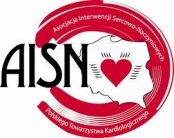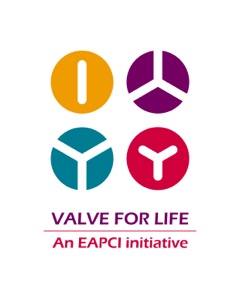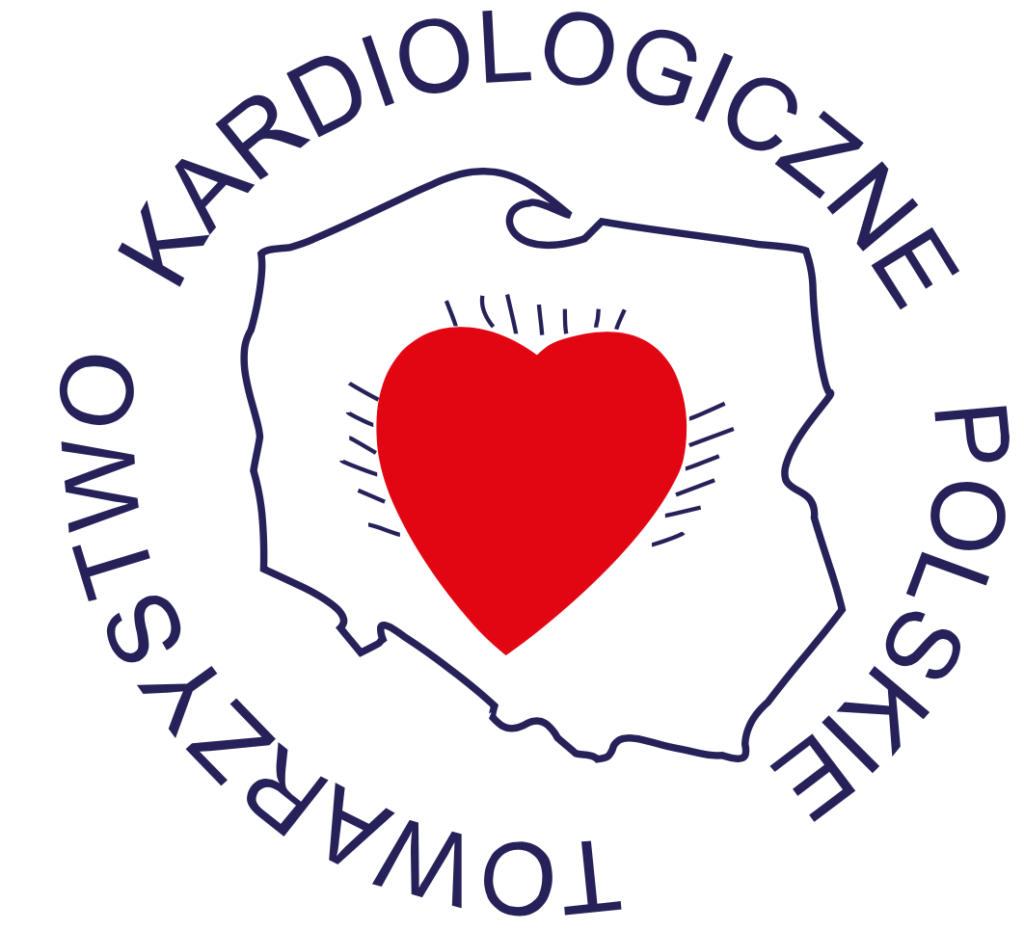Cath Lab accreditation
The accreditation is used to ensure the high quality and safety of procedures performed in invasive cardiology laboratories.
- Accreditations are issued by the Main Board of the Polish Cardiac Society (PCS) at the request of the Board of ACVI PCS, which provides opinions on applications.
- The accreditation is granted each time for a period of 3 years. After this period, the application for extension / change of accreditation should be submitted again.
- It is possible to submit an application for increasing the accreditation class in advance, if the given cath lab met all the given criteria.
- The accreditation is identical to the certificate confirming that the center has been completing the database of invasive cardiology procedures.
- The cost of issuing an accreditation certificate together with a confirmation of completing the ACVI PCS invasive cardiology procedures database by the center is 3,000 PLN.
- Depending on the fulfillment of the following criteria, the cath lab obtains one of three accreditation classes: A, B or C
- The accreditation application is submitted by the head of the cath lab, attaching a declaration confirming that the relevant requirements have been met. The data sent is then verified in the national database by ACVI PCS.
- The deadline for submitting applications is March 31 each year. They will be considered by the Board of the ACVI PCS and approved by the Main Board of PCS until September 30 each year.
The head of the cath lab is a physician who:
– has a specialization in cardiology and the Certificate of an independent invasive cardiology operator issued by ACVI PCS and
-performed at least 500 PCI procedures alone
The cath labs applying for PCS accreditations should meet the requirements regarding:
– local conditions of the interventional radiology lab
– laboratory equipment for invasive cardiology according to the accreditation class (A, B or C)
– the staff of the center and the proper organization of work (including the department of intensive cardiological supervision)
– Availability of anesthesiologist on site
– Ventilator availability on site
– Availability of echocardiography on site
– In the case of centers class A and B, cooperation with the reference center of interventional cardiology (type C) and the department of cardiac surgery ensuring the continuity of treatment of patients
– Regularly sending monthly reports to the ORPKI Registry. Regular reporting is a prerequisite for obtaining an accreditation certificate
Certificates of reporting to the ACVI PCS Database will be issued only to cath labs with PCS accreditation.
The newly created cath labs will be conditionally entered into the ACVI PCS Database and carry out reporting after meeting all formal requirements necessary to obtain the minimum A-class accreditation, with the exception of the number of procedures performed. After 12 months, the cath lab must perform the number of procedures necessary to obtain a minimum class A accreditation. If it does not meet this condition, it will be removed from the ACVI PCS database and will not be able to apply for a reporting certificate.
Class A accreditation criteria:
Equipment:
– angiocardiograph with digital image registration
– devices:automatic syringe, polyphysiography (allowing pressure measurements and ECG recording), defibrillator, external cardiac stimulator and a resuscitation kit; apparatus for intra-aortic balloon counterpulsation (IABP)
The minimum number of procedures per year:
angiography: > 600
PCI: > 240
Operating mode: during the office’s working hours
Class B accreditation criteria:
Equipment:
– angiocardiograph with digital image registration
– devices:automatic syringe, polyphysiography (allowing pressure measurements and ECG recording), defibrillator, external cardiac stimulator and a resuscitation kit; apparatus for intra-aortic balloon counterpulsation (IABP)
The minimum number of procedures per year:
angiography: > 700
PCI: > 500
acute coronary syndromes treatment: > 250
Operating mode: 24 hours per day
Class C accreditation criteria:
Equipment:
– angiocardiograph with digital image registration
– devices: automatic syringe, polyphysiography (allowing pressure measurements and ECG recording), defibrillator, external cardiac stimulator and a resuscitation kit; apparatus for intra-aortic balloon counterpulsation (IABP), IVUS< FFR
The minimum number of procedures per year:
angiography: > 1000
PCI: > 700
acute coronary syndromes treatment: > 250
IVUS/FFR: > 50
Operating mode: 24 hours per day
In addition, it has qualifications to independently perform procedures from the extracardiac group (at least three types of procedures):
– percutaneous closure of intracardiac defects (PFO, ASD, VSD)
– transcatheter implantation of aortic valve prosthesis (TAVI), implantation of pulmonary prosthesis (PAVTI)
– mitral, aortic and pulmonary valvuloplasty
– percutaneous closing of the left atrium appendage
– percutaneous closing of paravalvular leaks
– putting a mitral clip (other percutaneous methods of treatment of mitral regurgitation)
– Percutaneous closure of PDA in adults
– peripheral artery angioplasty (stenting of the carotid, subclavian, renal, ilium, femoral, popliteal arteries and arteries below the knee)
– implantation of aortic stent grafts
– angioplasty of the aortic coarctation
– inserting the filter into the inferior vena cava
– percutaneous embolectomy of pulmonary arteries in pulmonary embolism
– cell therapy in heart failure


